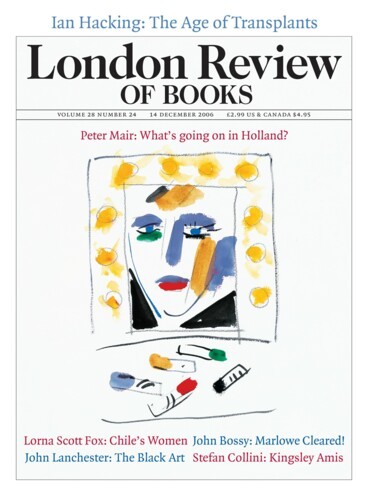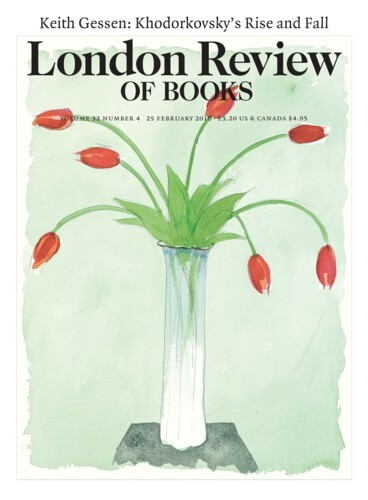Route to Nowhere: European parties of the Left
Peter Mair, 4 January 2001
European social democrats have never had it so good. By the end of the 20th century, they were in government, either alone or in coalition, in 14 of the 19 Western European democracies, ruling over some 88 per cent of Western Europe’s citizenry. Only on the periphery – in Iceland, Ireland, Malta, Norway and Spain – did they remain in opposition. In 11 of these 14 countries,...




